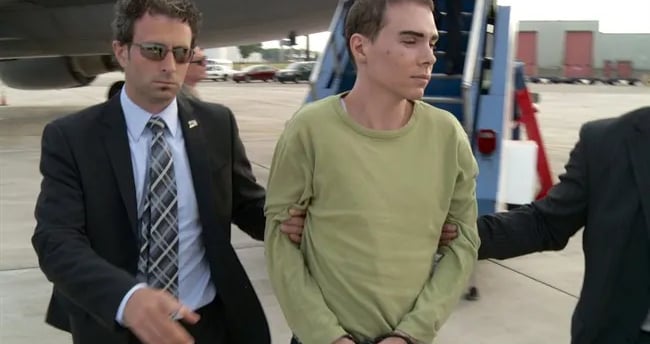Unmasking Luka Rocco Magnotta: Warning Signs That Went Unnoticed
SAFETY TIPS
8/28/20242 min read


Early Signs of Disturbance
Looking back at the life of Luka Rocco Magnotta, it's almost eerie how many signs were present that could have indicated his dangerous potential. Born Eric Clinton Kirk Newman on July 24, 1982, Luka exhibited disturbing behaviors from a young age that in hindsight, were glaring red flags.
As a child, Luka was distant and showed little to no empathy toward others. He often found pleasure in tormenting animals—a behavior that psychologists often link to deeper, more sinister issues. Though these actions were noticed, they were often dismissed as mere 'childhood antics.' What many failed to realize was that this was a formative warning sign.
Escalation and Mental Health Red Flags
As Luka entered his teenage years, the level of his peculiar behavior only escalated. He became increasingly narcissistic, going to extreme lengths to create a persona that was often detached from reality. His online activities included creating numerous fake profiles to perpetuate lies and build an illusion of fame and importance. This was more than just harmless fun; it exhibited his need for attention and the extent to which he would go to get it.
In my view, Luka's history of mental illness should have been a significant indicator. Diagnosed with paranoid schizophrenia, a serious mental disorder, he underwent various treatments. Unfortunately, inconsistent mental health care and fragmented support systems often let him slip through the cracks. Instead of receiving consistent help, he continued to spiral downward.
Failures in the System
What's truly tragic is how numerous systems failed to intervene effectively. Friends, family, and even mental health professionals noted his erratic behavior, but no one took decisive action. Law enforcement agencies, despite the catfishing schemes and identity thefts he was involved in, never seemed to connect the dots to a more dangerous pattern.
In modern society, it's crucial for us to rely on both communal and institutional vigilance. By dismissing or underestimating these red flags, we pave the way for potential tragedies. Robust mental health support, consistent monitoring, and an integrated approach to mental illness could have taken persistent steps to help Luka before his impulses turned deadly.
The Importance of Vigilance
In sharing Luka Rocco Magnotta's story, the aim is to encourage everyone to be more vigilant and responsive. Behavioral red flags, especially in formative years, should never be ignored or dismissed. Whether it's distant demeanor, animal cruelty, narcissism, or erratic behavior, every warning sign warrants investigation and intervention.
If we learn anything from Luka's life, it's the importance of asking the tough questions and taking action when instincts tell us something is wrong. Our attentiveness and willingness to act not only serve to protect potential victims but can also offer much-needed intervention for those displaying dangerous tendencies. Let's be committed to paying attention, supporting mental health, and creating an environment where help is consistently accessible.


